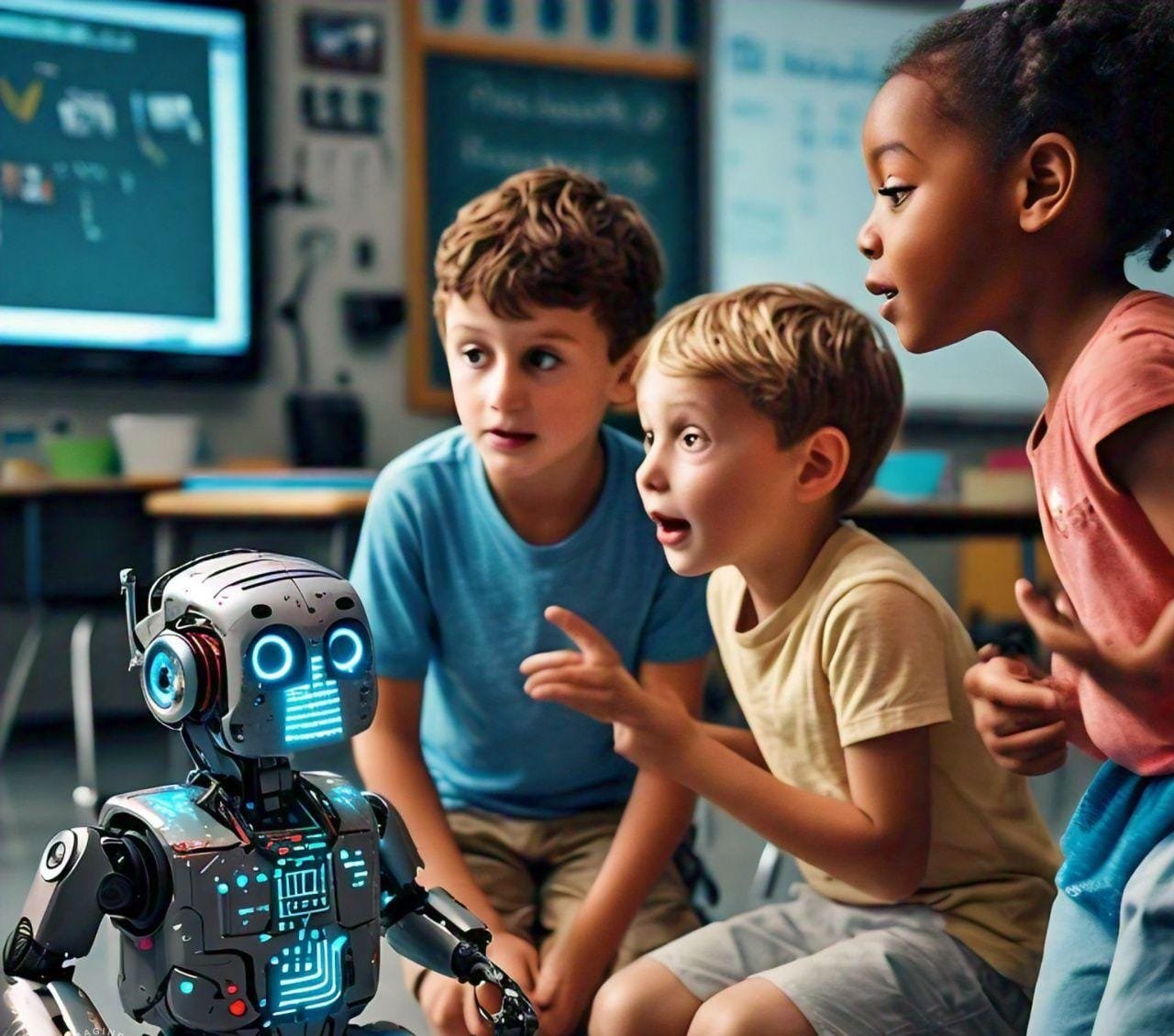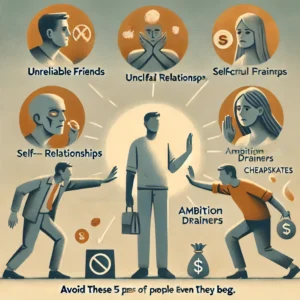
Kids and Artificial Intelligence[AI]: Exploring the Benefits and Challenges of Artificial Intelligence for kids
In today’s time, AI (Artificial Intelligence) is becoming an important part of the lives of children as well as common people. With its arrival, many tasks of our life have become easier. AI not only makes our pictures, but also generates videos and also helps in writing. Along with this, it is also effective in setting our daily routine. However, many updates are still needed in AI. At present, many AI tools like Gemini and Chat GPT are available, which give results in seconds on the given command.

Continuous updates and increasing facilities have made education much easier. However, adopting AI in education can be expensive, making it less accessible for schools with limited resources. Many good sources require money, and people may be worried about their budget limits and the reliability of AI. Despite this, many facilities are available at low cost. AI is being taught and used in many schools, colleges and coaching institutes in the district. Children are especially using it for making notes.
However, AI algorithms can often be biased due to the data they are trained on, and can sometimes even provide incorrect information. Therefore, it is not right to rely solely on AI for information and not do fact-checking.

Artificial Intelligence [AI] is available for service 24 hours a day
Artificial intelligence[AI] tools provide tuition to children according to their individual needs, allowing them to learn at their own pace. Also, it provides 24-hour service, which can provide assistance to children anytime, anywhere, no matter what time they are studying. Apart from this, AI based apps and platforms give children the ability to easily manage time, allowing them to focus on their favorite subjects for a longer time.
Lack of human contact with Artificial Intelligence [AI]
Constant interaction with Artificial intelligence[AI] can lead to a lack of human contact in children, which can affect their social development. If children become overly dependent on AI, they may lose the ability to think for themselves. At the same time, there is always a risk of leakage of children’s information on AI platforms, which can be a big concern. However, many updates can be seen on this in the coming time.

These Artificial intelligence[AI] tools are helpful in children’s studies
ChatGPT: This is an AI-based interactive tool that provides information and help to children on various subjects. Children can use it to ask questions, get help on study-related issues, and help with creative writing. It provides quick and accurate answers to children.
GemiNae: This is another powerful AI-based tool that helps children in their studies. Gemini uses natural language processing, allowing children to answer questions, research, and get detailed information on topics. It acts as a personal learning assistant for children
Khanamigo: This is a free online education platform that uses AI to help children with math, science, and other subjects. Children get a personalized learning experience, allowing them to understand subjects at their own pace and learn better.

Duolingo: This AI-based language learning app teaches children new languages in a fun and interactive way. It helps children improve their listening, speaking, and vocabulary, giving them an effective language learning experience.
Quizlet: This AI-based flashcard app helps children study. The app provides feedback and gives children the opportunity to improve based on their performance. It allows students to track their learning progress and self-evaluate.
Grammarly: This AI tool helps children with writing, especially grammar and word choice. Children get suggestions to improve spelling, grammar, and style, which improves their writing skills and enables them to write correctly.
Photomath: This AI-based app is useful for solving math problems. It shows children the solution to problems and explains the solution step by step, helping them understand and solve complex math problems.
Socrative: This AI-based classroom management app grades students’ answers quickly. It is a time-saving tool for teachers, instantly evaluates student progress, and helps teachers manage the classroom more effectively.
Cognifit: This app provides a variety of games and activities for children’s mental development. It helps children to improve their thinking, learning and problem-solving abilities, thereby improving their cognitive development.
Quizzes: This interactive quiz platform helps students study at their own pace. It gives children a chance to study in a fun and challenging way, improving their understanding and memory.

Challenges of AI for kids
Social and Emotional challenges
1 social isolation –Al tools can provide a over – reliance that can leads to social isolation and reduce the interaction level with human . Kids get depends on Al tools more than human which may leads to empathy development.
2 Emotional challenges– we all know that machine don’t have feelings , it may not be able to understand and respond to children emotions phase .
Educational and cognitive challenges
1 Learning gaps – Al may powered tools that creates learning gaps and some children may have limited access to these technologies.
2 lack of human touch and support -Al may lack in providing emotional support and the human touch that leads to lack of engagement and movitation in learning.
Safety and security challenges
1 cyberbullying – Al powered systems that can be used to facilitate harming children’s emotional well being.
2 Data protection -kids personal data may be misued and exploited by Al powered systems

Conclusion
The future of Artifical intelligence[ AI] for children depends on our ability to harness its potential while mitigating its risks. By working together, we can create a future where AI enhances children’s lives, promotes their well-being, and supports their development into happy, healthy, and fulfilled individuals.
Also Read:
Portable E- commerce Business ideas





















1 comment